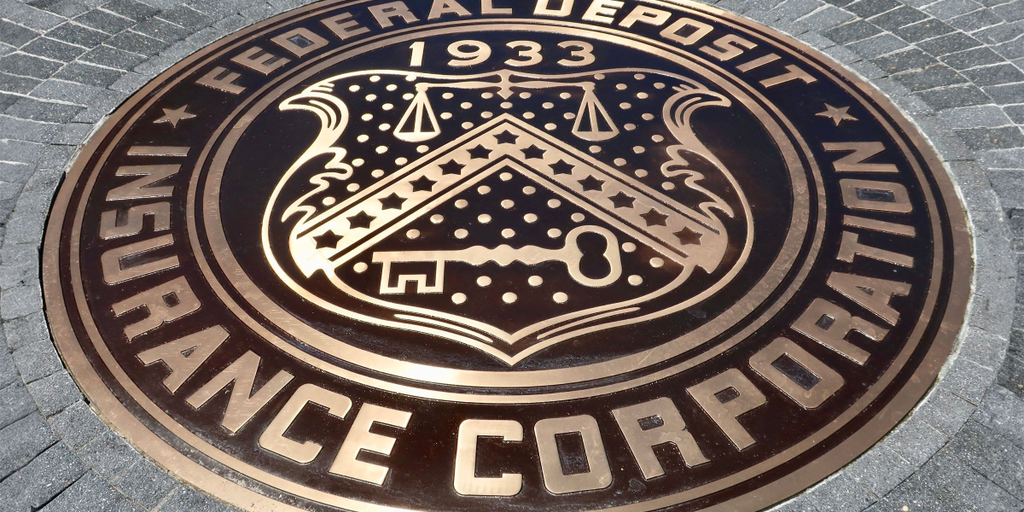
A redacted report detailing the Federal Deposit Insurance Corporation’s internal communications about crypto-related banking activities has reignited calls for accountability in U.S. financial supervision.
Attorney John E. Deaton, a prominent cryptocurrency advocate and former Senate candidate, has urged Congress to investigate what he says is a coordinated effort by regulators to marginalize the digital asset sector through “Operation ChokePoint 2.0′.
The documents, first released via a court order to publicly traded cryptocurrency exchange Coinbase in November, outline FDIC guidelines advising banks to pause crypto-related services while they are under review.
Critics, including Deaton, argue the guidelines reveal an orchestrated effort to restrict access to vital financial infrastructure, potentially stifling legitimate businesses within the fast-growing sector.
“What we have learned so far suggests coordinated multi-agency action, driven by political agendas rather than sound policy or legislation,” Deaton tweeted Saturday.
Deaton, who was unsuccessful challenged 2024 Massachusetts Senator Elizabeth Warren Senate race on a pro-crypto platform, described the implications of ChokePoint 2.0 as transcending the crypto industry.
“This isn’t just a fight about crypto,” Deaton said. “It is a fight against the erosion of institutional integrity and the unchecked power of unelected bureaucrats.”
Warren, a vocal crypto critic, won re-election by a significant margin and maintained her influence in shaping U.S. financial policy. Deaton, meanwhile, has continued his advocacy and promised to lead an investigation into what he believes is regulatory overreach.
Actions like those outlined in the FDIC report could set a dangerous precedent by allowing agencies to stifle innovation and selectively enforce laws without proper oversight, Deaton claims.
The controversy echoes previous disputes involving Custodia Bank, which sued the Federal Reserve after it was denied a master account.
Deaton has labeled Custodia’s case as crucial, warning that it underlines the growing influence of regulators over private companies.
The FDIC has defended its supervisory practices, citing the need to evaluate the risks associated with volatile markets.
However, Deaton argues that emerging evidence suggests that political motivations may underlie some regulatory actions rather than adherence to sound policies.
Daily debriefing Newsletter
Start every day with today’s top news stories, plus original articles, a podcast, videos and more.


